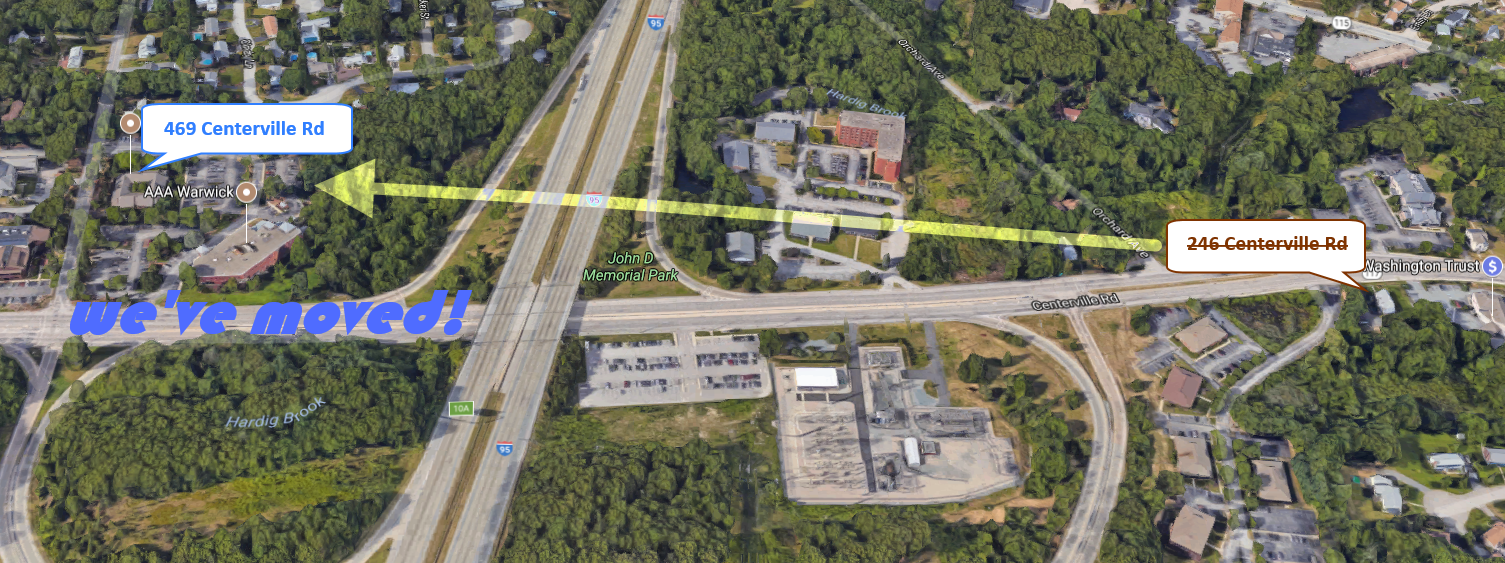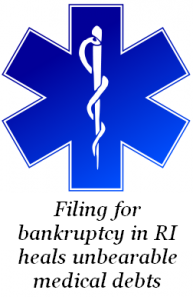Announcing our new office, which is hardly a stone-throw away from our old location. Our beautiful, new handicap-accessible office is located at 469 Centerville Road, Suite 203, Warwick, RI 02886. We’re conveniently located right off I-95 exit 10. And we now share a large parking lot with the AAA Warwick.
Our phone number has not changed: 401-738-3030. Call today to schedule an appointment — or refer a friend — for the same down-to-earth and affordable service people all over Rhode Island have come to expect from the law office of David B. Hathaway, Attorney-at-Law.





